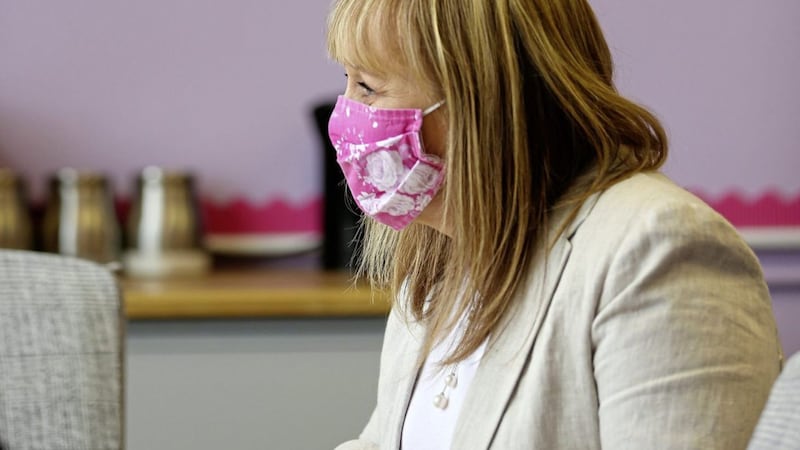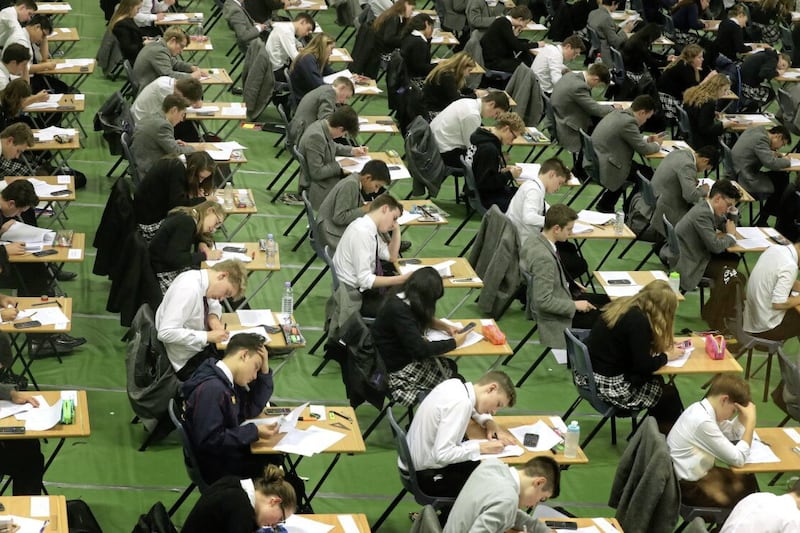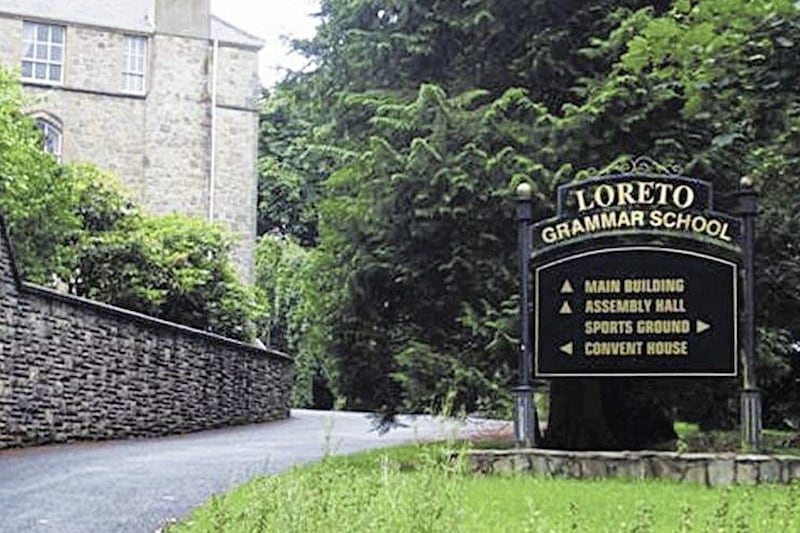DEAR Michelle McIlveen,
Congratulations on your appointment as Minister for Education. We wish you well in your post.
Sadly, in addition to the daily challenges of budgets and confusion over school Covid regulations, you have inherited a hugely dysfunctional educational system.
The core problem stems from using academic selection to transfer children from primary to secondary school.
A recent Ulster University report described the system as stressful, benefitting a few (generally already privileged) pupils, “while damaging the life-chances of a large proportion of the school population”.
As minister, you might reasonably be expected to consider if such a system is moral, rational, economical, or even Christian.
As a former teacher, you may have your own view on academic selection. Perhaps you just follow party policy. If so, should your party’s political views take precedence over proven scientific research?
Think about it: academic selection is effectively designed to pick students for university, where many will undertake research. Ignoring their research findings suggests your party sees academic selection as socially cosmetic, but educationally worthless.
The Stormont Executive claims to use scientific data to guide its Covid policy. Why not apply the same data-based approach to education?
You might (rather oddly) believe that widespread criticism of academic selection by several academics and the Organisation for Economic Cooperation and Development (OECD) is somehow based on flawed research. If you believe that, why not undertake your own research?
Covid effectively paused academic selection last year (and, as far as we know, the world did not end). So why not put it on hold for the next four years?
Using whatever indicators you wish, you will then have five years of data on the impact of its absence, which you can compare with data on its use from the five years before Covid.
Your comparative analysis of real-world evidence will lead you to either abolish, or re-introduce it. That would avoid the embarrassment of repeating Stormont’s recent debate on the matter which, with respect, was just another example of occupational therapy for the under-employed. (If the level of Assembly debate is a product of our education system, then we clearly need a new system.)
Pausing academic selection would, of course, upset the two private companies currently running the tests. But who is in charge of education - you, as a democratically elected representative, or two self-appointed organisations?
You might reasonably argue that as a politician you have to consider your electoral support base before making policy decisions. Good point. The Protestant working class, where your party has diminishing support, is among the most educationally disadvantaged sectors of our society.
Could it be because you brand most of them as failures at the age of 11? They need education, not exclusion.
I know from my own experience in promoting educational access in Belfast for over 30 years that academic selection is effectively a system of educational apartheid which fosters life-long social and economic discrimination.
While undertaking your research, you might also begin a debate by asking, “What is education for?”
It is unlikely that you will find either insight or agreement within the Assembly, which revels in sectarian acrimony over how best to deliver education, the purpose of which escapes them. (The most entrenched enthusiasm is usually based on ignorance.) Until we agree what education is for, we cannot plan how to deliver it.
It would be helpful to hear your views. This newspaper will undoubtedly allow you space to explain either your reasons for not introducing a trial period without academic selection, or to describe your proposals for collecting and analysing your research data.
Just as Beveridge is remembered for founding Britain’s welfare state and the NHS is Bevan’s honourable legacy, why not make McIlveen remembered as the woman who introduced non-discriminatory education here?
Alternatively, you can continue with a system which betrays the majority of our children, damages our economy and stains our society.
Either way, our children deserve an explanation.








